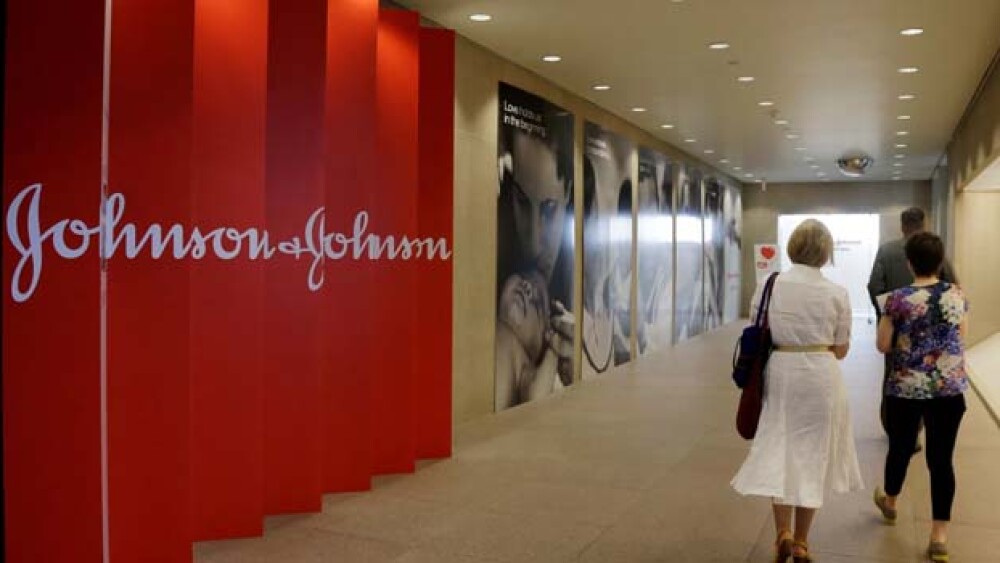J&J is balking at a plan to build a site in Britain due to concerns over the economy.
While Merck and Qiagen are planning to expand facilities in Britain due to planned government support of the pharma and biotech sector, healthcare giant Johnson & Johnson is balking at a plan to build a site in Britain due to concerns over the economy.
J&J had planned to build a JLabs unit, which is one of the company’s biotech incubators for fledgling businesses. The Telegraph reported that J&J selected a site for its JLabs concept outside of Cambridge, which is home to a number of large and small biotechs, including rival drugmaker AstraZeneca .
The Telegraph reported that J&J was concerned over Brexit and how that would affect biotech funding from the European Union that many companies rely upon. In May, Prime Minister Theresa May triggered Article 50 which began the two-year countdown for Britain to leave the European Union. With the triggering of Brexit, there have been concerns about employment at existing British companies. There are numerous immigrant researchers working in British pharma companies who are in-country under E.U. migration laws. With Britain seceding from the E.U., the fate of those immigrant workers are up in the air. Funding is also an issue for some companies. According to Politico, Britain has been a net receiver of science funding from the E.U. There are concerns that those grant monies could dry up as Britain walks away from the EU. That certainly seems to be the case with J&J, although The Telegraph noted that some sources close to the deal insisted that the company’s long-term business strategy was also part of the reason.
The Cambridge-based JLabs would have been the first U.K. site for its incubator program. The Telegraph reported that J&J already has an innovation center in London that focuses on the development of new products.
Johnson & Johnson has several JLabs facilities around North America, including San Diego, Boston, South San Francisco and Toronto. It recently opened a JLabs in Belgium called JLinx, The Telegraph said. JLabs is part of Johnson & Johnson’s external R&D arm. The program provides a “capital-efficient, resource-rich environment where emerging companies can transform the scientific discoveries of today into the breakthrough healthcare products of tomorrow,” according to the JLabs website. JLabs is a “no strings attached” model, which means that startups setting up shop in the JLabs facilities do not automatically give away any rights or ownership stake to Janssen, J&J’s pharma division.
The British government is keenly aware of J&J’s concerns about the economy and the biotech industry in Britain. Recently May’s government pushed for growth in the pharma sector through investments in research and development and infrastructure. Those governmental investments spurred Merck and Germany-based diagnostics company Qiagen. Both companies announced the intention to expand facilities and increase hiring in Britain. Qiagen said it will create a genomics and diagnostics campus in Manchester, England, where it already has a presence. Merck’s investment will include a state-of-the-art life sciences discovery research facility that will be placed in London by 2020.





